Nine Totally Legal Substances Way More Addictive Than Marijuana

By:
One of the biggest misconceptions about marijuana is that it is addictive in the same way that other drugs like heroin are addictive. According to the Controlled Substances Act, a federal list of the most dangerous drugs currently outlawed in the U.S., it is even worse than cocaine and meth. But as it happens, there are many, perfectly legal substances that are way more addictive than cannabis—addictive in a chemical way. (Nine of these substances are highlighted below.)
While there is a risk of developing a psychological dependence on pot, research has shown that the substance does not contain chemical properties that are physically addictive. Accordingly, Vermont Sen. Bernie Sanders (I) called for marijuana to be removed from a list of the most dangerous drugs currently outlawed in the U.S. on Wednesday.
RELATED: Bernie Sanders Just Made a Radical Move on Marijuana
Ask any stoner who also smokes cigarettes (approximately 70 percent do, according to researchers at the University of Texas) if marijuana is addictive and they will almost surely say no. Tobacco contains nicotine, a chemical that ranks among the most addictive in the world, and while most stoners can "quit" marijuana cold turkey without experiencing any serious withdrawal symptoms, quitting tobacco can feel impossible, with nicotine withdrawals that involve headache, nausea, anxiety, irritability, and so on.
RELATED: Marijuana Could Literally Replace These 5 Prescription Drugs
So-called stoners, on the other hand, often go on what are known as "tolerance breaks," an indefinite period of abstinence from marijuana that is meant to lower your tolerance to the plant's psychoactive components. That way it takes less product to feel the full effects of using marijuana. Again, there is an element of psychological addiction that exists with any substances that makes you feel good—pot is no exception—but for users to be able to regularly cease use and feel physically fine is further evidence of its non-addictive quality.
Here are nine legal substances that are way more addictive than marijuana.
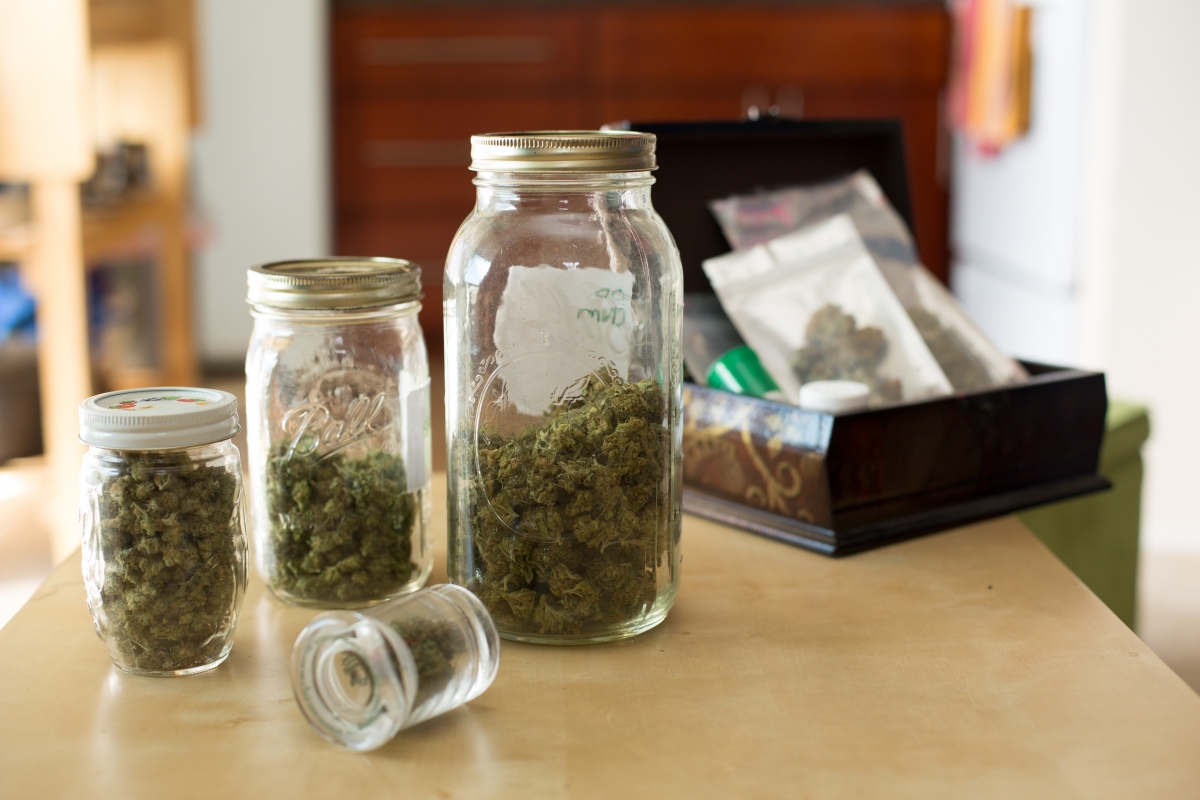 Drug Policy Alliance/Sonya Yruel - drugpolicy.org
Drug Policy Alliance/Sonya Yruel - drugpolicy.org
1. Alcohol
 Pixabay/kaicho20 - pixabay.com
Pixabay/kaicho20 - pixabay.com
There are 3 million cases of alcoholism reported each year. Uncontrollable drinking due to a physical dependence on the substance can cause a range of health issues, including heart disease, liver disease, and stroke. More than 80,000 people die from excessive drinking in the U.S. per year.
2. Tobacco

Approximately 480,000 people die from cigarette smoking in the U.S. every year, and the severity of the effects of nicotine addiction is enough to make more than 35 million smokers want to quit (often failing) per year, according to the National Institute on Drug Abuse.
3. Caffeine
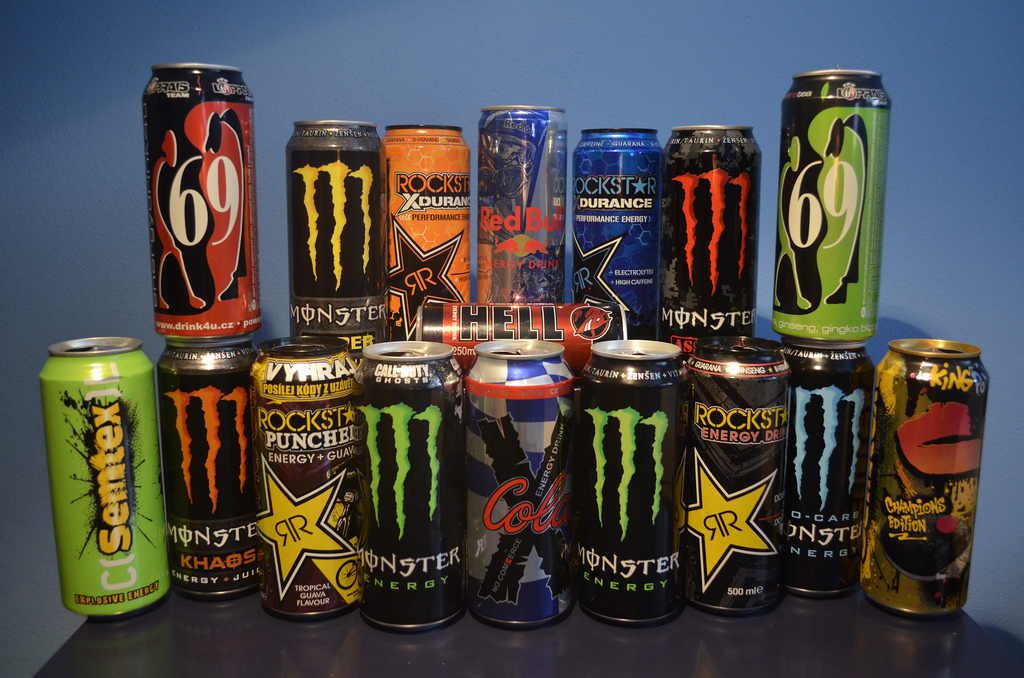 Flickr/Daniel Juřena - flickr.com
Flickr/Daniel Juřena - flickr.com
"It is estimated that in North America between 80 and 90 percent of adults and children habitually consume caffeine," according to a report from the Johns Hopkins School of Medicine. "Caffeine use can be associated with several distinct psychiatric syndromes: caffeine intoxication, caffeine withdrawal, caffeine dependence, caffeine-induced sleep disorder, and caffeine-induced anxiety disorder."
4. Sugar
 Pixabay/Shirley - pixabay.com
Pixabay/Shirley - pixabay.com
Yes, sugar is chemically addictive. It's used in about 75 percent of packaged foods, and one study showed that lab rats would choose sugar over cocaine in addiction experiments because the reward was greater and the "high" more potent. Consuming excess amounts of added sugar can contribute to life-threatening health issues such as obesity and heart disease.
5. Opiates
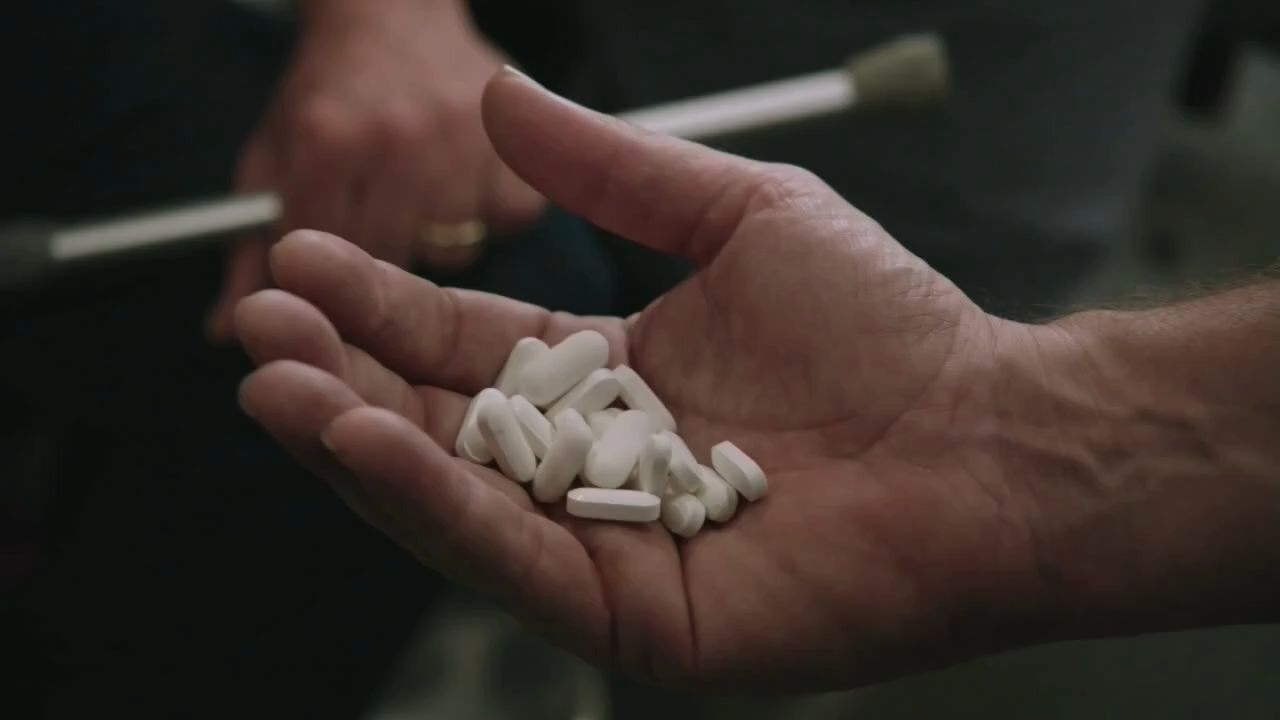 Wikimedia - nocookie.net
Wikimedia - nocookie.net
Opiate abuse is a growing problem in the U.S., with rates of addiction and overdose on the rise. An estimated 69,000 people die from opioid overdose each year and 15 million people struggle with opioid dependence worldwide, according to the World Health Organization. Abuse of prescription medications such as Vicodin contribute significantly to rising rates of heroin use.
6. Depressants
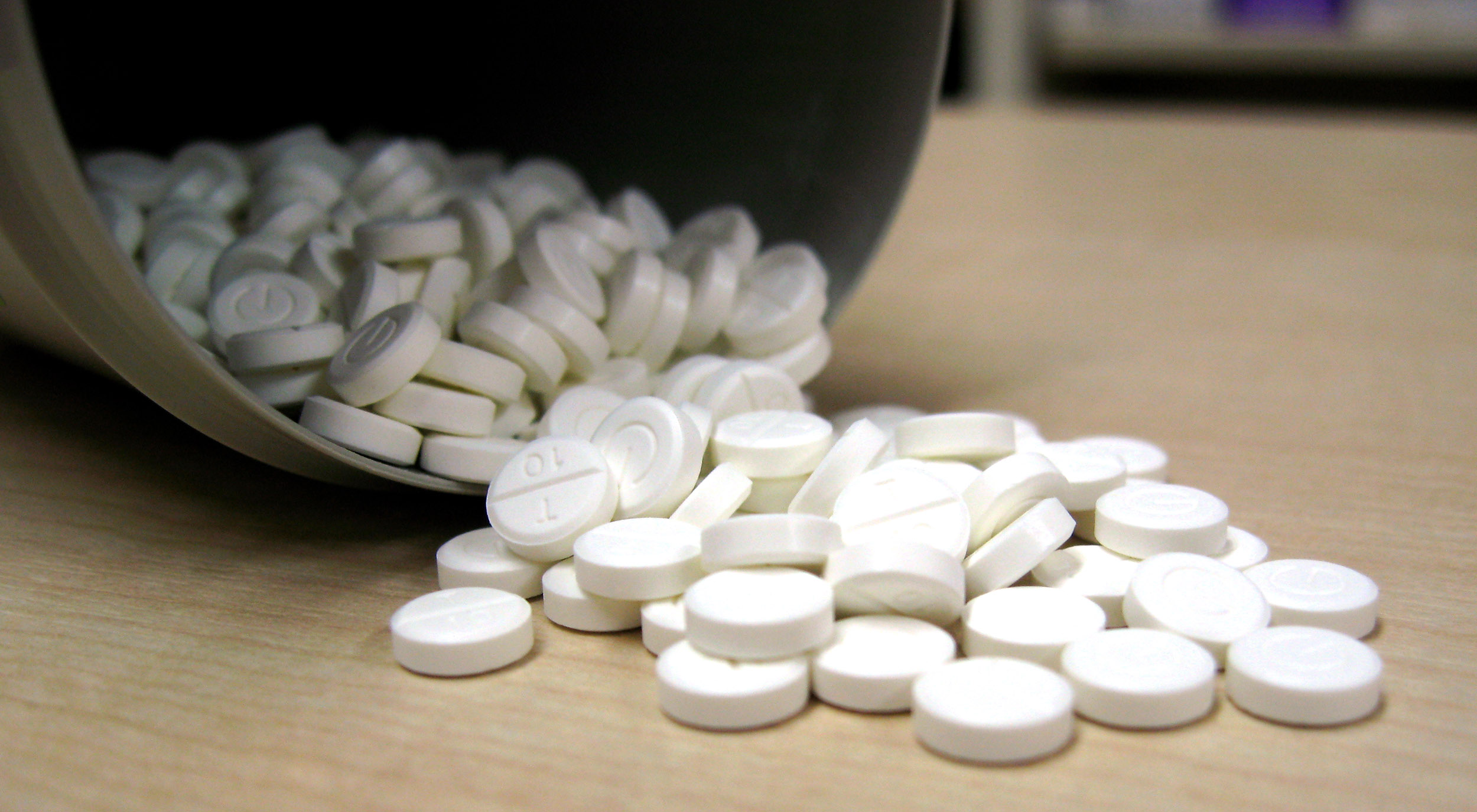 Wikimedi - wikimedia.org
Wikimedi - wikimedia.org
While barbituates and benzodiazepines such as Xanax appear to offer short-term relief from anxiety and sleep disorders, they are also highly addictive and dangerous. They can damage GABA receptors in the brain, making it even more difficult to stop, and withdrawal symptoms include panic attacks, heart palpitations, hand tremors, nausea, dry heaving, weight loss, and muscle pain.
7. Stimulants
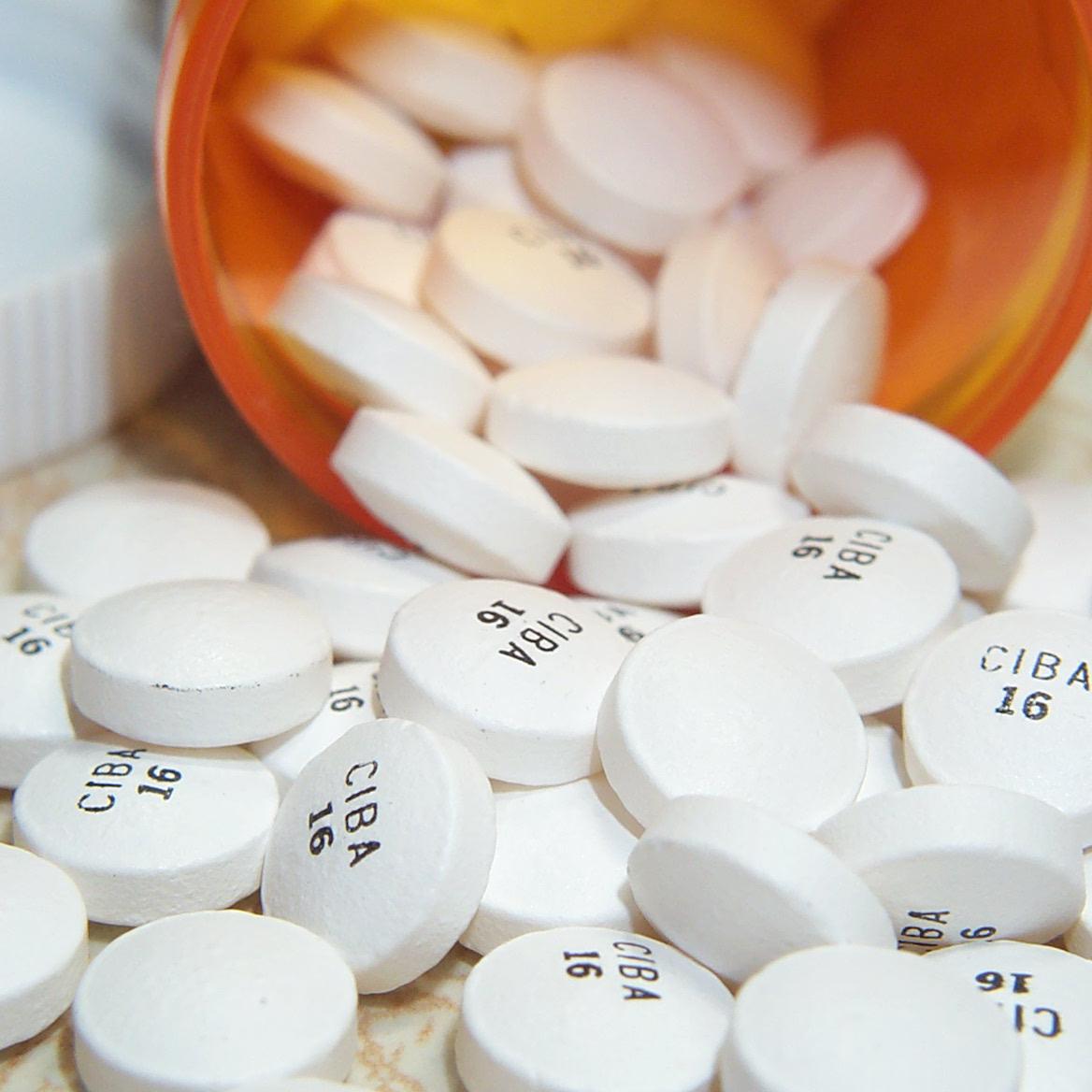 Wikimedia - wikimedia.org
Wikimedia - wikimedia.org
"Stimulant addictions can be fueled by long-term mood disorders such as depression or bipolar disorder, which are marked by chronic periods of low mood that instill an urge to artificially improve mood, cognition, and energy levels," a report from the UCLA Semel Institute noted. "ADHD, a common learning disability, is often treated with certain prescription stimulant medications. Using these medications inappropriately or for longer than directed by a physician can increase the risk of developing an addiction."
8. Synthetic drugs
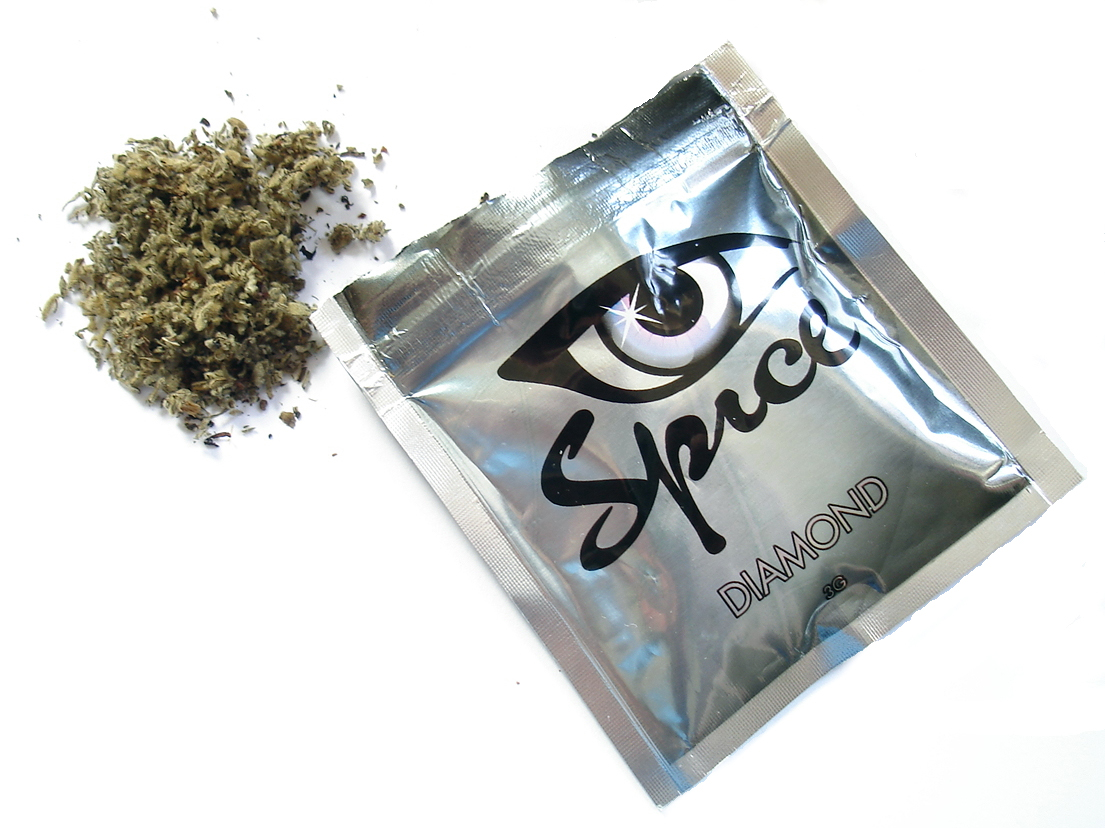 Wikimedia - wikimedia.org
Wikimedia - wikimedia.org
Synthetic drugs such as Spice and K-2 have been banned in certain states and jurisdictions across the country, but they remain federally legal because the government has been unable to track and regulate sales of these synthetic compounds. They're often sold at head shops and gas stations, and they can lead to addiction and fatal overdose in users, as New York Times Magazine reported.
9. Anabolic steroids
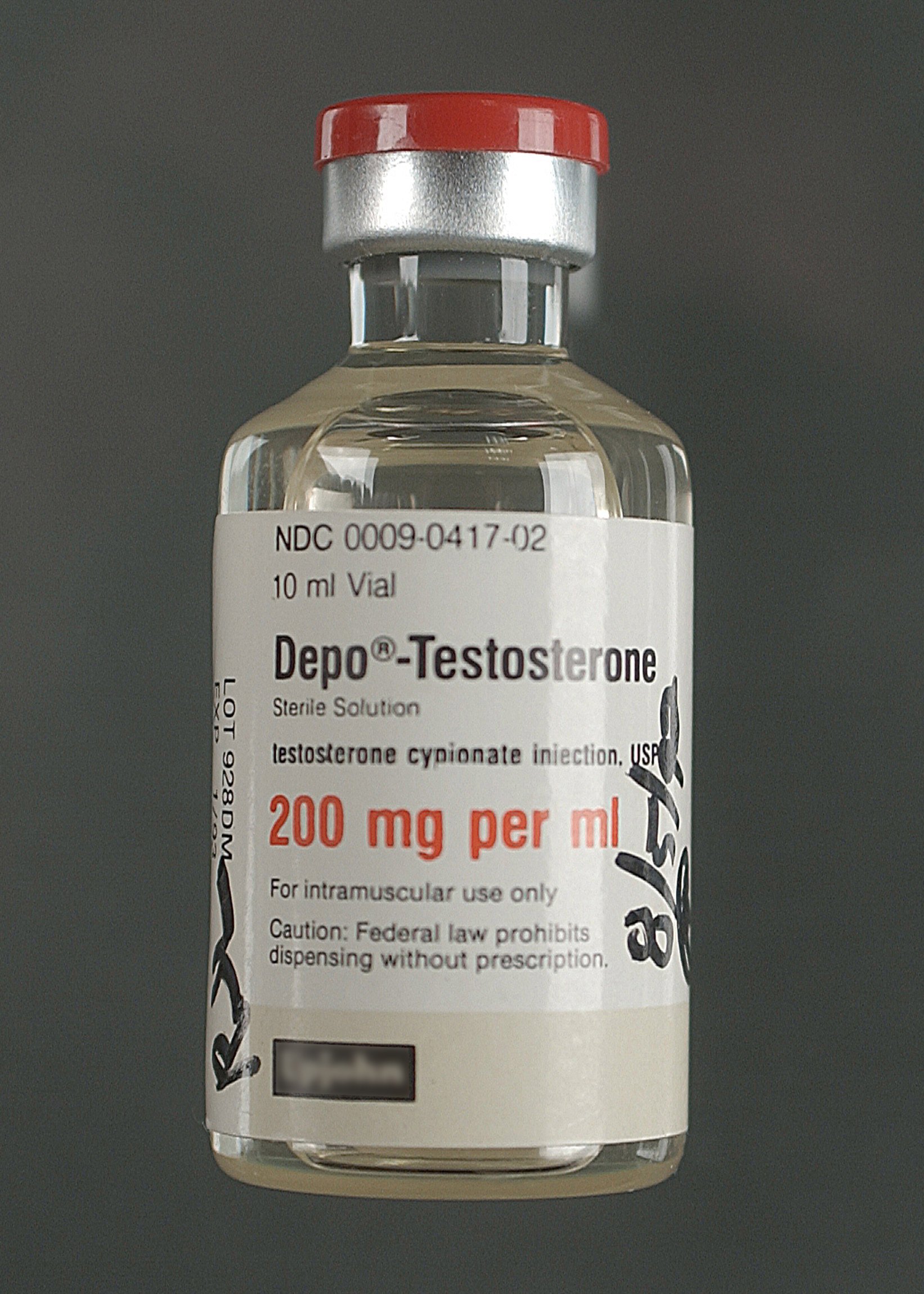 Wikimedia - wikimedia.org
Wikimedia - wikimedia.org
"An undetermined percentage of steroid abusers may become addicted to the drugs, as evidenced by their continued abuse despite physical problems and negative effects on social relations," the National Institute on Drug Abuse wrote. "Individuals who abuse steroids can experience withdrawal symptoms when they stop taking steroids, such as mood swings, fatigue, restlessness, loss of appetite, insomnia, reduced sex drive, and steroid cravings. The most dangerous of the withdrawal symptoms is depression, because it sometimes leads to suicide attempts."
